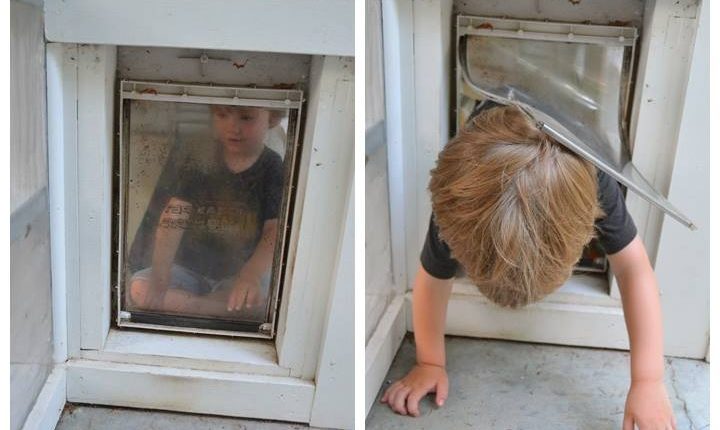It was my pleasure to attend several of the Group Meetings in February and at two of them, the topic of “exclusion of friends” came up. Hence my topic for this month.
This behavior very often surfaces in preschool. It isn’t easy to watch especially with your own children, whether they are being excluded or the other way around. I think this particular emotion is rooted in the memories we parents have when we experienced being excluded, and often it was in middle or high school where all emotions are magnified.
How do we deal with it and make our little ones resilient and more able to cope with the ups and downs of getting along?
A February 15, 2017 Washington Post parenting article by Megan Leahy offers a list of what not to do (Written about girls, but applies equally for boys.):
•Don’t cheerlead her out of it. “It’s going to be fine! Don’t worry!”
•Don’t turn to logic. “But I told you the zoo was closed today. Why are you crying?”
•Don’t fix. “I am going to go to your friend right now, bring her back and have her say hello to you.”
•Don’t minimize. “Honey, this is nothing. This is not a big deal. Let’s move on.”
She advises, “Allow your child to cry about what doesn’t work in her life. You don’t have to engage in a full-blown therapy session — just make room for her sadness.”
Some things we can change and others we cannot.
A favorite blog of the MH staff is Teacher Tom who teaches at Woodland Park Cooperative Preschool in Seattle, Washington and he can be found at http://teachertomsblog.blogspot.com/
His February 2017 blog post was on this topic and he eloquently explained: “As a teacher in a cooperative, I am right there with parents as they see their child struggling with friendships, being rejected, but also, perhaps even more painful, rejecting others. I know how it’s often impossible to not drop to your knees and plead with your child to behave or feel differently, to accept, if only just this once, your advice and counsel. Or to tell them they must apologize or make amends or buck up or take it philosophically. I’m there as all of these efforts fail because we, as parents, really are helpless and impotent when we try to do anything other than hold them, and listen to them, and feel with them.”
This is advice from a friend of his 6 year old daughter, both 6 year olds, who was overheard to say in comfort, “She’s mean to me too. When she’s nice to me, I play with her. When she’s mean, I don’t play with her.”
Makes sense to me.
Best in parenting,

Ginny Hacker, Director



